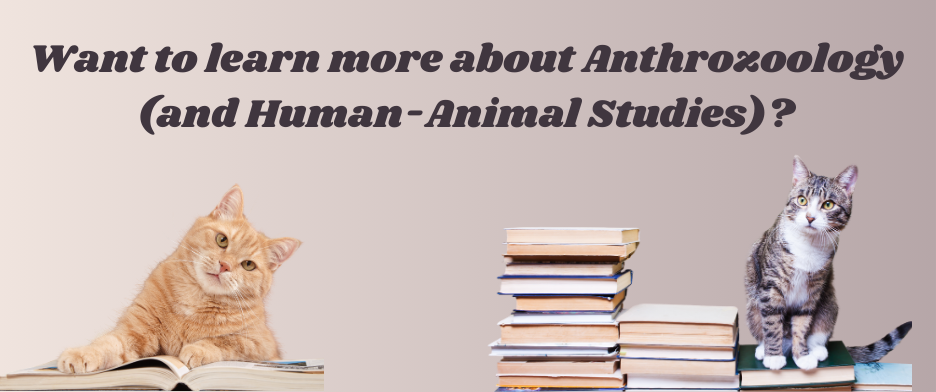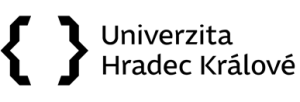
The Animal Turn refers to the recognition by scholars in the humanities and social sciences that their research can, and in many cases should, encompass or even emphasize more-than-human animals. The lives of humans and other animals have been intertwined since the beginning of humanity, but the systematic study of the ways in which humans relate to and think about members of other species, and vice versa, is relatively new. Anthrozoology, the study of human interactions and relationships with other animals, emerged as a distinct academic discipline in the late twentieth century. Together with closely related fields under the umbrella of human-animal studies (HAS), Anthrozoology is inherently interdisciplinary, overlapping with established disciplines such as Anthropology, Sociology, Psychology, Philosophy, History, Geography, Ethology, and Zoology. Anthrozoology employs and adapts a wide range of methodologies to address different aspects of human relations to other animals and is advancing philosophical discourses and social theories to include the more-than-human dimension. This course introduces some of the key themes within the field of Anthrozoology and explores how they relate to broader social and philosophical discourses.
Learning Objectives:
- To demonstrate a critical understanding of the factors that influence the nature of human-animal interactions and human relations to other animal species.
- To critically evaluate the impact and significance of human-animal interactions in a variety of contexts, and to identify and discuss ethical and other issues that arise.
- To engage with a range of research approaches, theoretical frameworks, and methodologies used to study various aspects of human-animal interactions and apply these to individual research questions.
Assessment:
Assignment 1 (Formative essay proposal): To formulate a research question and write an essay proposal (500 words) that engages with one or more of the lessons. This should include an outline and may incorporate student?s special interests from other courses, providing they clearly demonstrate the relevance of a more-than-human animal perspective or approach.
Assignment 2 (Summative/Graded) Essay: Based on feedback from Assignment 1, the student is expected to write a 2500 word essay.
Course programme:
1. Introduction: The Animal Turn
2. What makes the human special? Human Exceptionalism and Anthropocentrism
3. Good to think (with)? Animal Windows and Mirrors
4. Anthropomorphism or Egomorphism?
5. Philosophical Ethology & Narrative Ethology
6. Anthrozoology as Symbiotic Ethics
7. Multispecies (or Trans-species) Ethnographies
8. Interspecies Intersubjectivity & Symbolic Interactionism
9. Kinaesthetic Empathy and Shared Animality
10. Domestication, Domination, and the Domesticated Animal Contract
11. More-than-human Biopolitics
12. Conflict & Coexistence in the Anthropocene
13. Posthumanism
- Teacher: Kristine Hill
